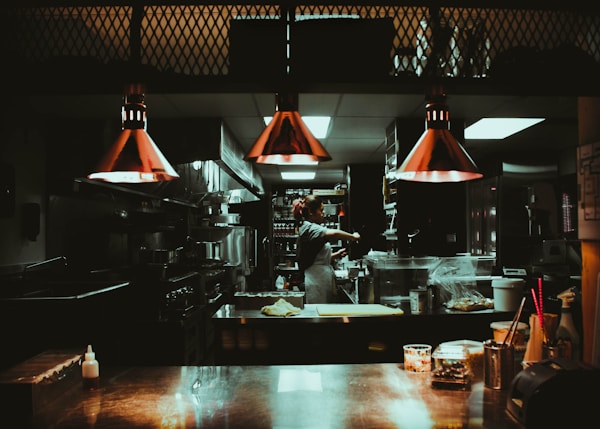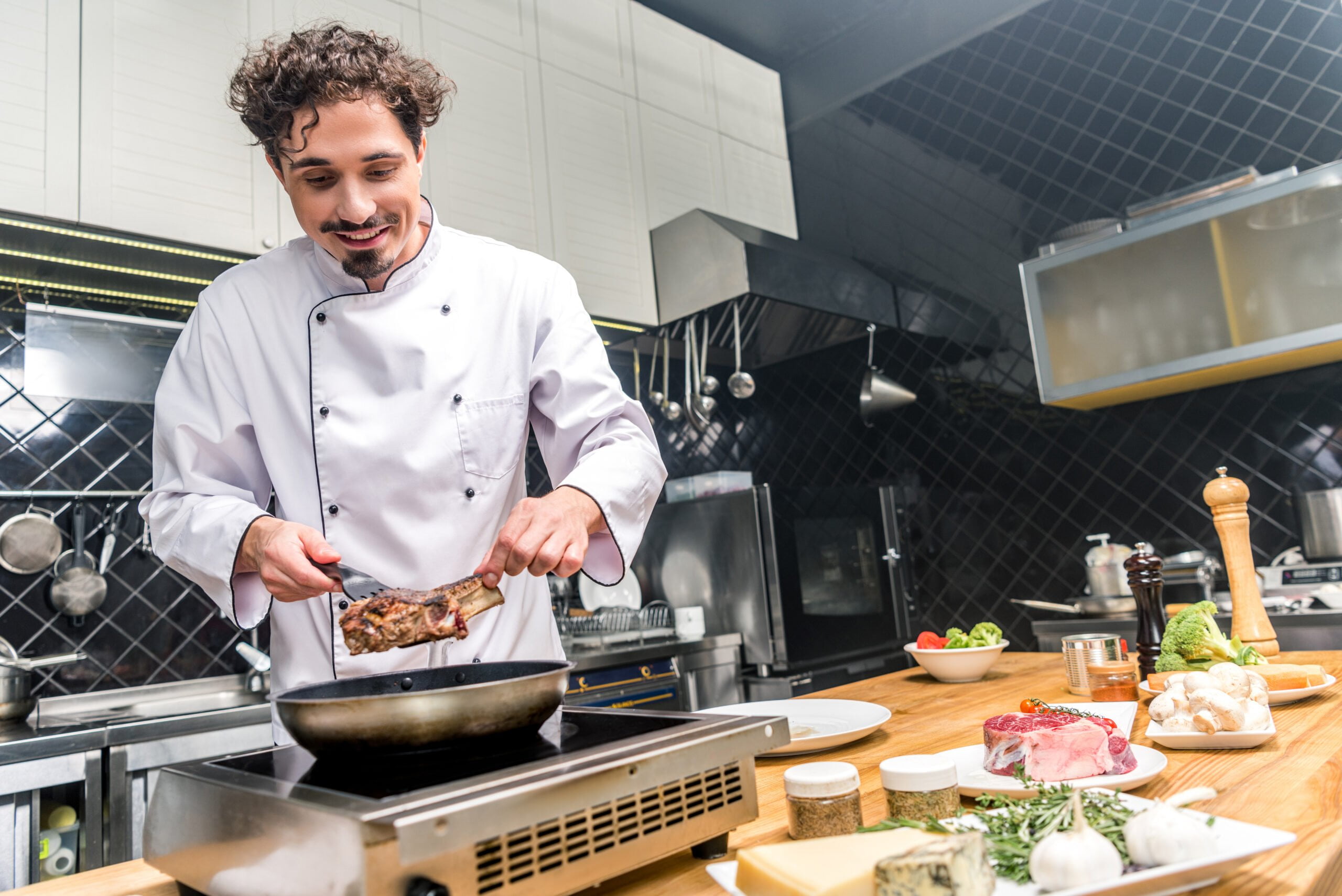In today’s competitive restaurant industry, optimizing efficiency is a must for businesses looking to thrive and grow. However, many people don’t know what to do or where to start. It can be overwhelming, but there are plenty of resources available to assist you throughout the process of modernizing your business. By improving operational systems and implementing cost-saving strategies, restaurant owners and managers can create a more sustainable and profitable enterprise. Keep reading for some valuable tips on optimizing efficiency in your restaurant.
Adopting Restaurant Automation Technologies

Embracing modern technological advancements can make a significant impact on your restaurant’s efficiency and productivity. Implementing restaurant automation, such as restaurant automation from Antunes, can streamline processes, reduce human error, and improve consistency in daily operations. Examples of automation solutions suitable for restaurants include automatic sauce solutions, an automatic bun feeder, automatic conveyors, and breading machines, which can complete common repetitive tasks more rapidly.
Another valuable aspect of restaurant automation is the use of customer-facing technologies, such as self-service kiosks or mobile ordering apps, which can reduce waiting times during peak service hours. These technologies not only enhance the customer experience but also free up staff to focus on providing exceptional service to patrons. When considering the implementation of automation solutions, it is crucial to thoroughly research and select only the technologies that will meet the specific needs of your restaurant while aligning with your budgetary constraints.
Staff Training and Communication

One of the main contributors to efficiency in a restaurant is the well-trained staff who understand the importance of delivering excellent service. Comprehensive staff training programs ensure that employees are equipped with the knowledge and skills needed to perform their duties. Introducing team-building exercises and providing regular feedback can also motivate staff and enhance performance, as well as foster a collaborative spirit within your team.
In addition to thorough training, having reliable communication systems in place is critical to a smooth and efficient operation. Designating clear channels of communication among staff members and management, such as daily briefings or the use of walkie-talkies, is essential to minimizing misunderstandings and ensuring swift resolution of any issues that may arise.
Efficient staff scheduling is also vital in maintaining an expedient restaurant operation. By carefully analyzing peak and off-peak times, you can allocate staff resources accordingly, avoiding overstaffing during quiet periods while ensuring a sufficient number of employees are available during busier periods.
Optimizing Menu and Inventory Management
Efficient menu and inventory management are other factors to be considered while optimizing the efficiency of your restaurant. Regularly reviewing and updating your menu to remove low-selling items or profit-draining options can improve cost-effectiveness and reduce waste. Also, consider incorporating seasonal and locally sourced ingredients, which can reduce transportation costs, ensure freshness, and appeal to customers who value sustainability.
In terms of inventory management, adopting a systematic approach to ordering, storing, and tracking ingredients can greatly contribute to the overall efficiency of your restaurant. Implementing a first-in, first-out (FIFO) system for your inventory promotes the use of the oldest items first, minimizing spoilage and waste. Additionally, automating the inventory management process through integrated software solutions can save time, improve accuracy, and allow for better control over stock levels.
Maintaining a Clean and Organized Workspace

An organized and clean workplace forms the foundation of an efficient restaurant operation. By implementing strict cleaning schedules and allocating tasks to specific team members, you ensure a consistently clean environment that promotes the smooth functioning of tasks at hand. Maintaining a designated place for all equipment and supplies can noticeably reduce the time wasted on searching for specific items during busy service hours, while regular decluttering of workspaces will enhance productivity by removing distractions and potential hazards.
In addition to consistently maintaining high standards of cleanliness and organization, creating guidelines and protocols for staff to follow further contributes to efficiency. For example, mapping a strategic flow for the kitchen and service areas can encourage fluency and establish routines that minimize bottlenecks and disruptions. Investing in quality and ergonomic workstations or equipment can also considerably impact the efficiency of your restaurant, as they allow staff to perform duties more effectively.
As you can see, optimizing efficiency in your restaurant entails a combination of thorough staff training, embracing automation technologies, efficient menu, and inventory management, and maintaining a clean and organized workspace. These are just a few options, but they are a fantastic place to start for anyone trying to build a profitable and successful restaurant business. By implementing these strategies, you are ensuring a sustainable and profitable operation that consistently delivers excellent service to your patrons.

